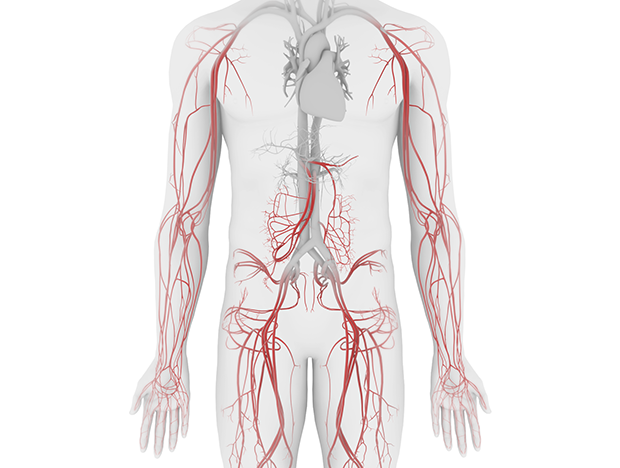

Thrombosis and Hemostasis Summit of North America (THSNA), 2026
The THSNA Summit is a collaboration of the 13 leading non-profit organizations in the fields of Thrombosis and Hemostasis. The Summit provides a focused forum for over 1,000 attendees with an interest in bleeding and clotting disorders to network, learn, and share across disciplines and disease states. The educational programming is organized in a series of plenary presentations, educational track session, oral abstract presentations and digital poster sessions.





